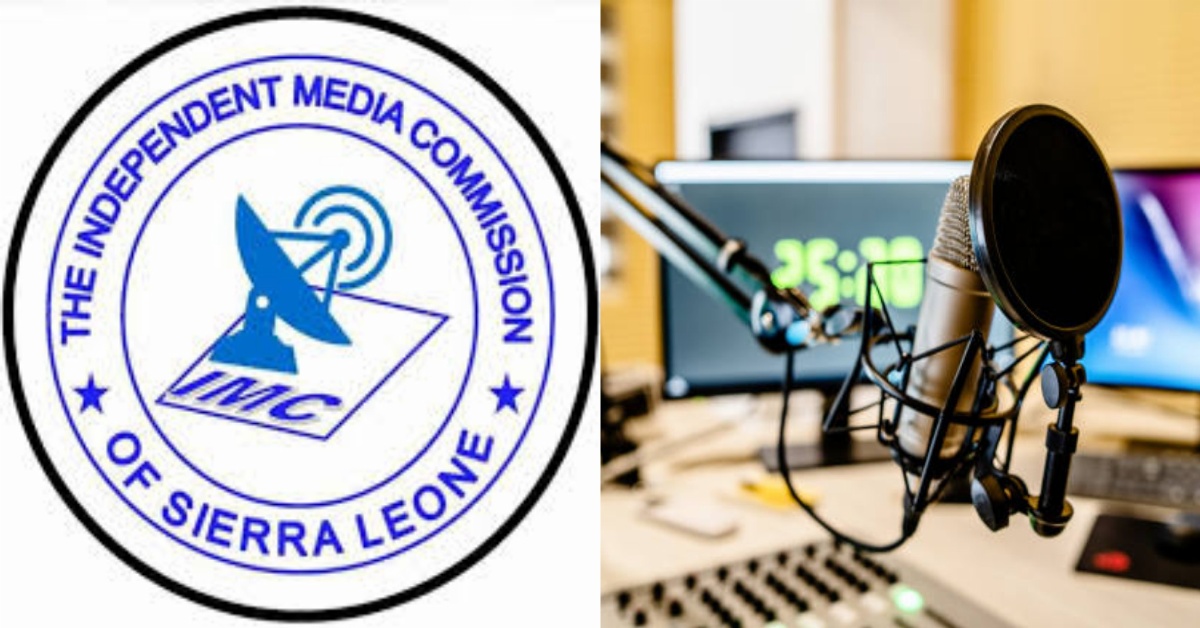The Independent Media Commission (IMC) has revoked the licenses of approximately 100 media outlets in Sierra Leone for failing to comply with the IMC Act of 2020.
The announcement was made through two public notices issued on September 4, 2024, highlighting that the affected outlets, including radio stations, TV channels, and newspapers, did not meet the re-registration and renewal requirements mandated by the law.
In its statement, the IMC clarified that the license cancellations were a result of the continued noncompliance by these media institutions despite previous warnings.
“The licenses of the following Radios, Television, and Direct to Home Satellite service providers with the Commission have been cancelled with immediate effect due to noncompliance with the re-registration and renewal process as mandated by the IMC Act, 2020,” one of the notices declared.
Among the list of defaulters, over 30 radio stations, five television stations, and several Direct to Home satellite companies were named.
Additionally, a second notice was issued, outlining the cancellation of newspaper and magazine registrations for similar reasons.
The IMC emphasized that the general public should avoid engaging in any business or transactions with these outlets as their operations are now deemed illegal.
James Tamba Lebbie, a board member of the IMC representing the Sierra Leone Association of Journalists (SLAJ), confirmed that the commission had been issuing warnings to the media houses long before this decision.
He explained that the affected outlets were given ample time to comply with the re-registration and renewal requirements outlined in Section 42 of the IMC Act of 2020, but many failed to do so.
Lebbie further noted that the canceled licenses render the affected media outlets ineligible to operate unless they re-register with the IMC. “They will need to go through the entire registration process afresh if they intend to resume operations,” he added.
This unprecedented action by the IMC has sent a strong message to media organizations across Sierra Leone, reinforcing the importance of adhering to regulatory requirements to maintain operational legitimacy.












Great information but it was a little lengthy👍🏽